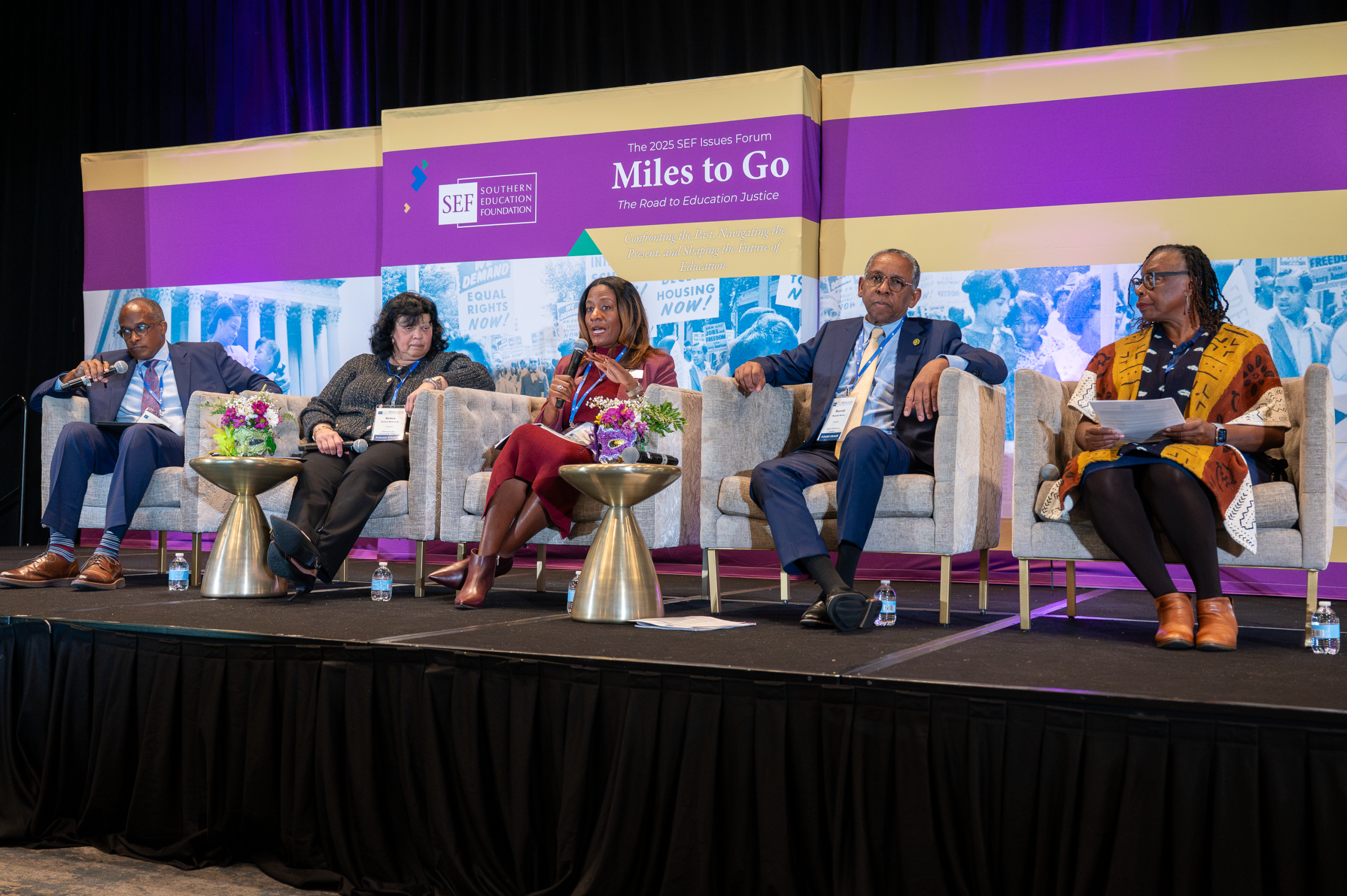
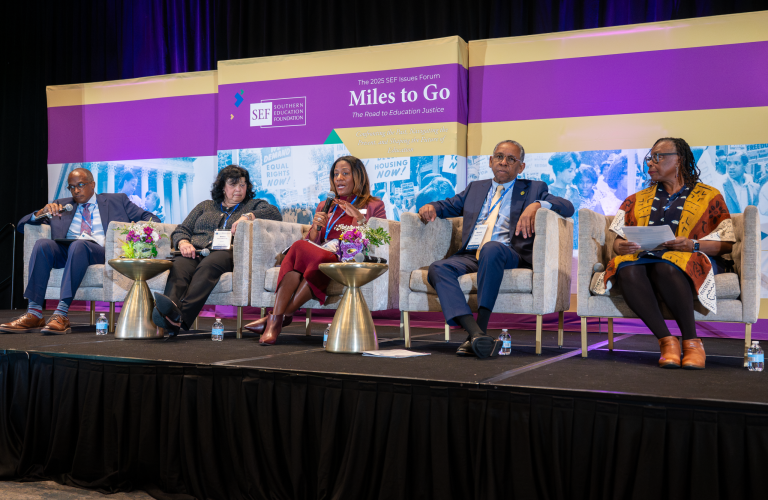


Applications are due February 2 Apply for the 2026 SELI Cohort
Looking to make a meaningful impact in education this summer? Apply for SELI to gain real-world experience at an immersive internship in advocacy, research, district innovation, public policy and more.
Apply Today

Connecting the Troubling History of School Privatization Efforts to the New Federal School Voucher Program
Our latest memo outlines how federal voucher proposals replicate the same segregationist tactics used during resistance to school integration in the South. They are not new, and they are not neutral.
Read the Memo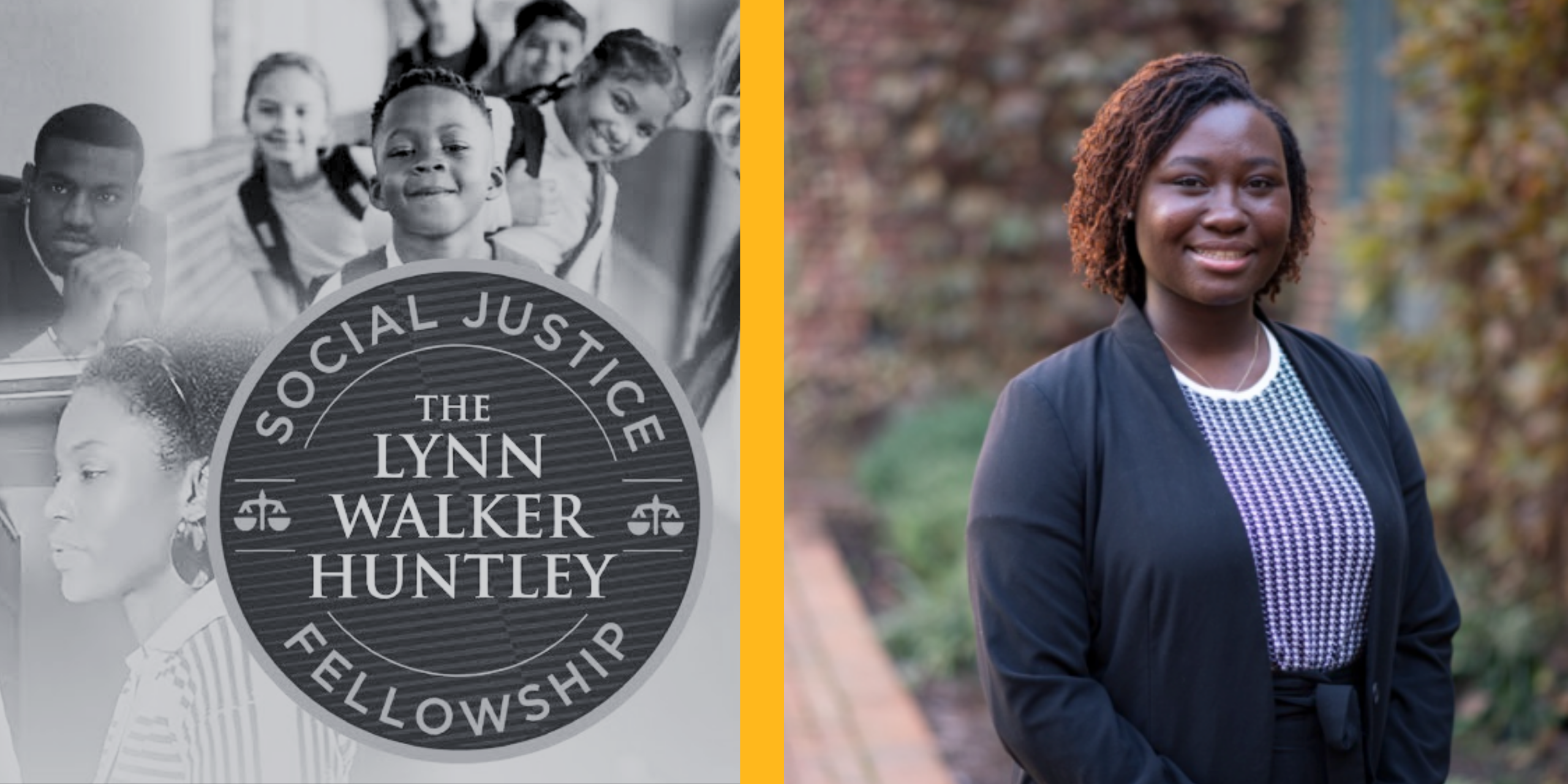
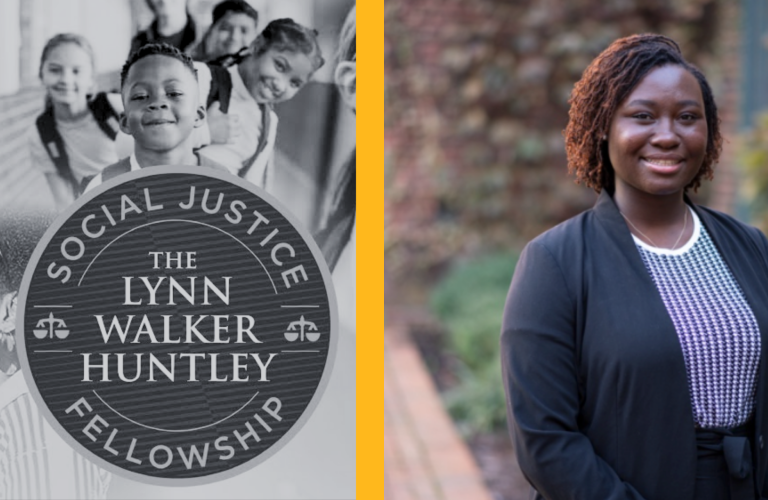
A Legacy Continues With a New Voice
SEF selects its 2026-28 Lynn Walker Huntley Social Justice Fellow, advancing education-focused legal and policy work across the South.
Learn More

EVES II Projections for a Post-Pandemic South: Executive Summary Now Available. EVES II
SEF’s executive summary of the forthcoming second report in the Economic Vitality and Education in the South series utilizes post-pandemic and projection data to examine potential outcomes in the education-to-workforce pipeline over the next decade. EVES II covers early care, K-12, and postsecondary education trends, with a focus on education opportunity, access, and workforce preparation in the 17 SEF states. The full report will be released this year.
Read the Executive Summary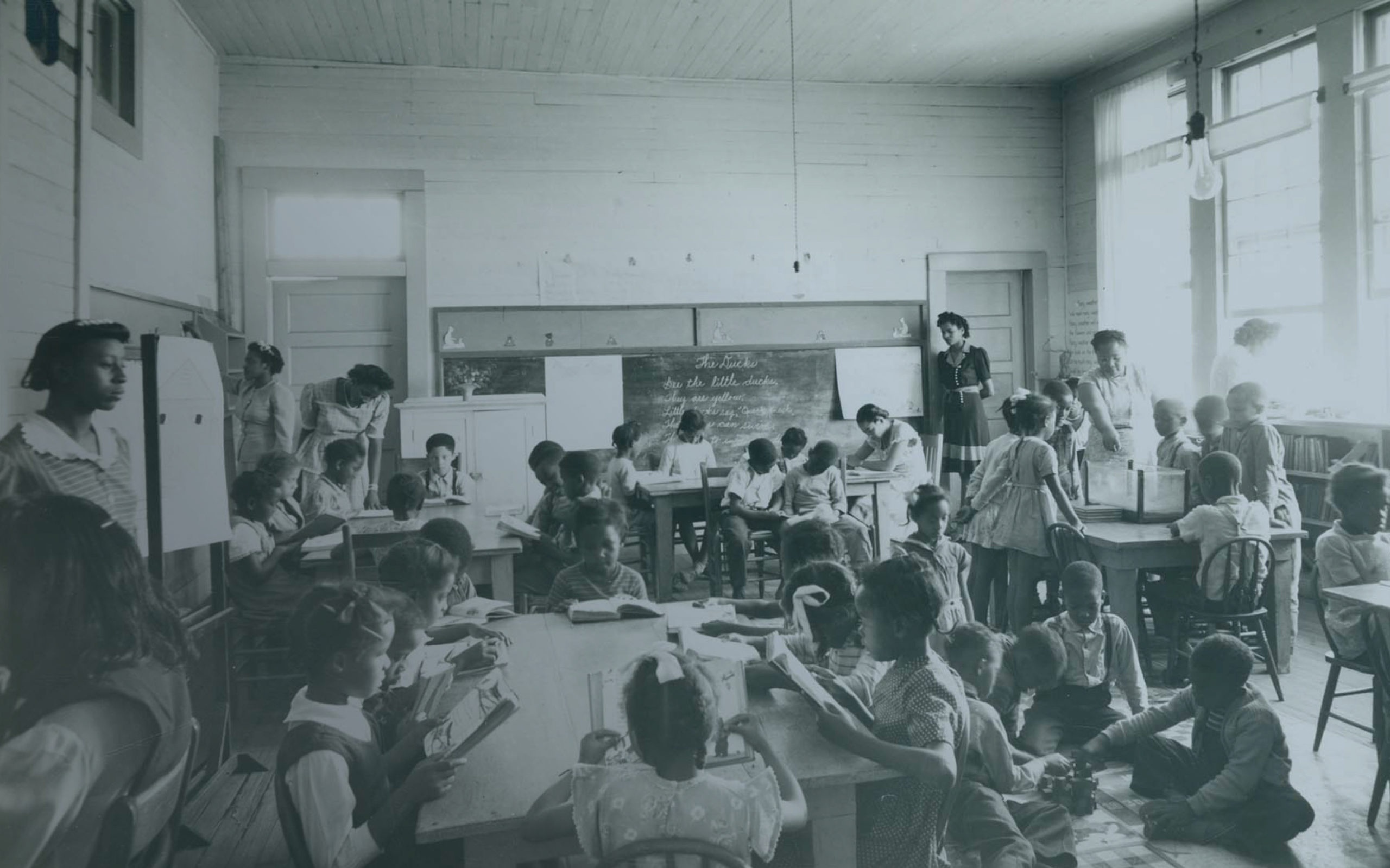
Building on 157 years of leadership
The Southern Education Foundation is a research, policy, advocacy and leadership development organization that works to advance education opportunity for underserved students.
Founded in 1867 as the Peabody Fund, we are a 501(c)(3) nonprofit organization committed to advancing more equal education policies and practices, especially for students of color and from low-income families. Today, we also provide direct services for educators, school districts, and states.
Our Impact
We have cultivated hundreds of leaders dedicated to improving educational opportunities for students of color and those in low-income families.
